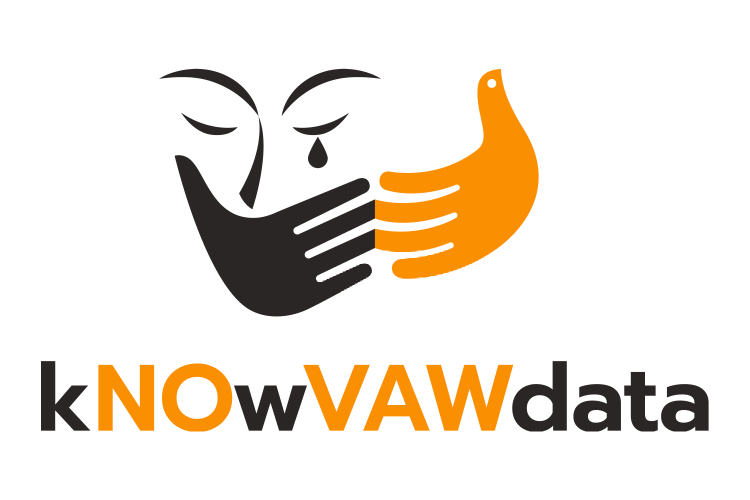Knowledge Hub

The Knowledge Hub provides links to resources supporting the measurement of violence against women and has been funded under the Pacific Spotlight Initiative. While starting with a primary focus on Pacific resources and global resources which are applicable for the Pacific region, the Knowledge Hub will continue under the UNFPA kNOwVAWdata initiative to support global knowledge exchange and a strong community of practice. The strength of this Knowledge Hub is the opportunity to share resources and support all regions of the globe.
If you would like to share links to be added to the Knowledge Hub, please send them to knowvaw-program@unimelb.edu.au.
New Survey Methodologies in Researching Violence Against Women
This paper assesses the methodologies of the new national surveys of violence against women, including those in the US, Canada, Australia, Finland and the Netherlands, as well as the British Crime Survey. The development of large‐scale quantitative survey methodology so as to be suitable for such a sensitive subject has involved many innovations. The paper concludes with recommendations for further improvements including: the sampling frame, the scaling of both sexual assaults and range of...
The Measurement of Domestic Abuse – Redeveloping the Crime Survey for England and Wales
The Crime Survey for England and Wales (CSEW) is a representative population survey that since the early 2000s has provided ongoing measurement of domestic abuse via a dedicated domestic abuse module, with regular publication of headline prevalence and other descriptive data. At the same time the measurement of domestic violence in the CSEW has also been the subject of ongoing debate and critique, in particular whether it is appropriate to use catch-all prevalence measures in the context of...

Integrating Gender-based Violence Interventions in Humanitarian Action: Reducing risk, promoting resilience and aiding recovery
The purpose of these Guidelines is to assist humanitarian actors and communities affected by armed conflict, natural disasters and other humanitarian emergencies to coordinate, plan, implement, monitor and evaluate essential actions for the prevention and mitigation of gender-based violence (GBV) across all sectors of humanitarian response.
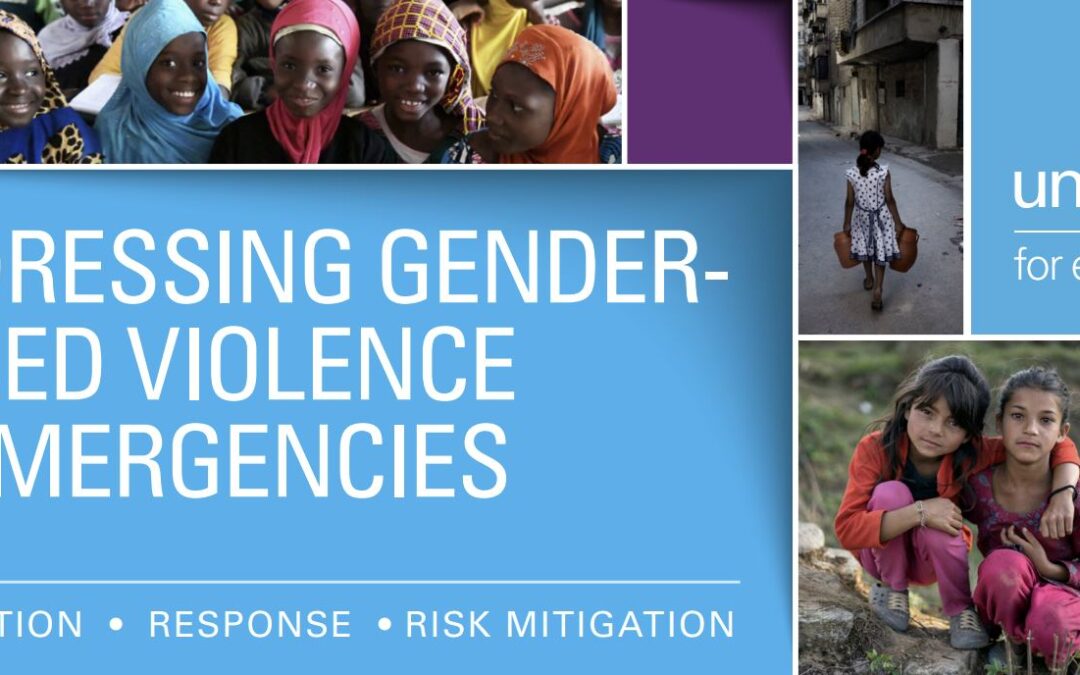
Addressing Gender-Based Violence in Emergencies
This brief provides a summary of why gender-based violence in emergencies matters, alongside UNICEF's commitment and approach.

Caring for Child Survivors of Sexual Abuse: Guidelines for health and psychosocial service providers in humanitarian settings
The International Rescue Committee (IRC) and the United Nations Children’s Fund (UNICEF) have newly developed “Caring for Child Survivors of Sexual Abuse Guidelines” for health and psychosocial providers in humanitarian settings – “CCS Guidelines”. The CCS Guidelines are based on global research and evidence-based field practice, and bring a much-needed fresh and practical approach to helping child survivors, and their families, recover and heal from the oftentimes devastating impacts of...
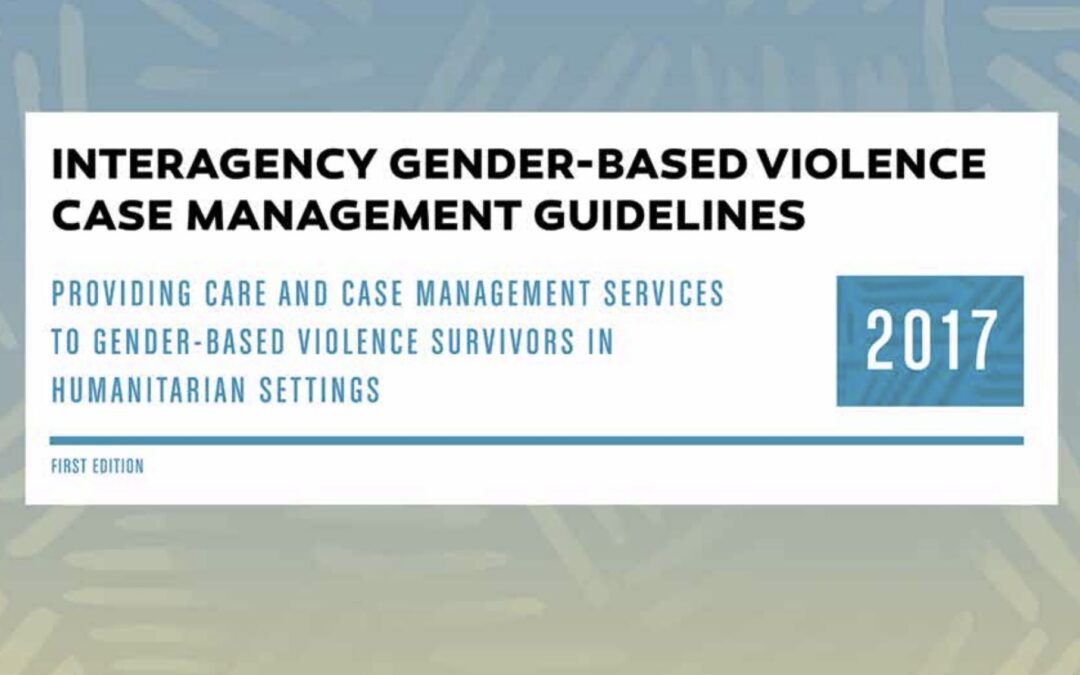
Interagency Gender-based Violence Case Management Guidelines: Providing care and case management services to gender-based violence survivors in humanitarian settings
This resource aims to set standards for quality, compassionate care for GBV survivors in humanitarian settings, with particular focus on the provision of case management services. It builds upon and should be used in conjunction with other GBV response resources, such as the Caring for Survivors of Sexual Violence in Emergencies Training Package and the Caring for Child Survivors of Sexual Abuse: Guidelines for health and psychosocial service providers in humanitarian settings.
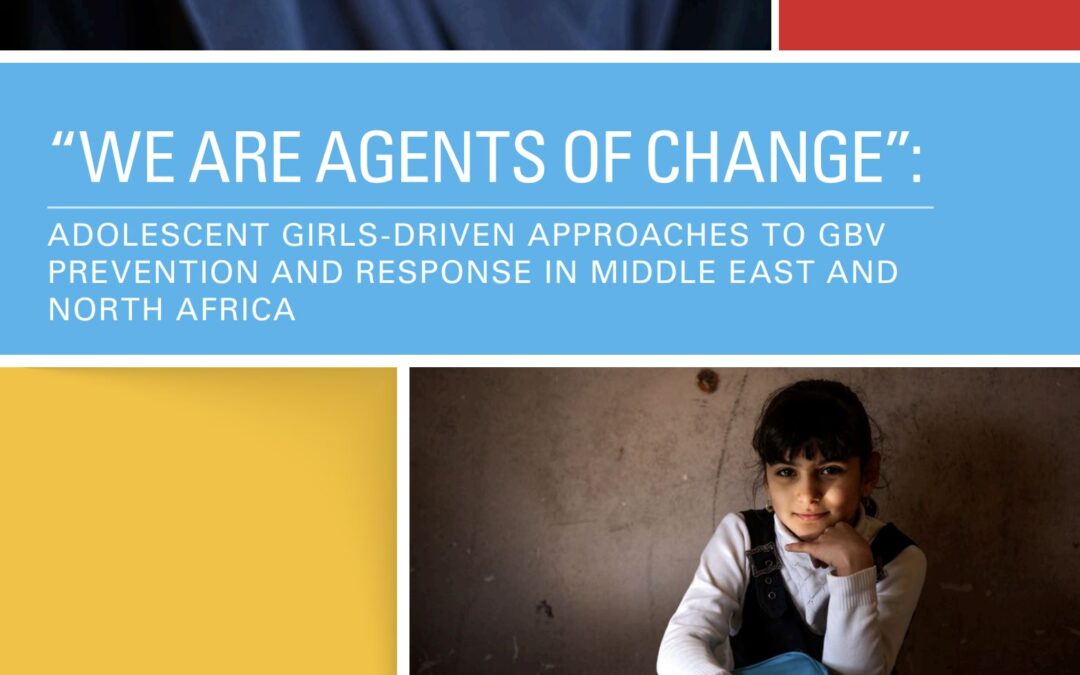
We are Agents of Change: Adolescent Girls Approaches to Gender-Based Violence Prevention and Response in Middle East and North Africa
This brief outlines adolescent girl-led approaches to GBV prevention and response in Middle East and North Africa including: access to gender-sensitive health information, peer-to-peer awareness in Syria, cross sectoral approaches to child marriage in Yemen and supporting adolescent girls empowerment and agency in Iraq.
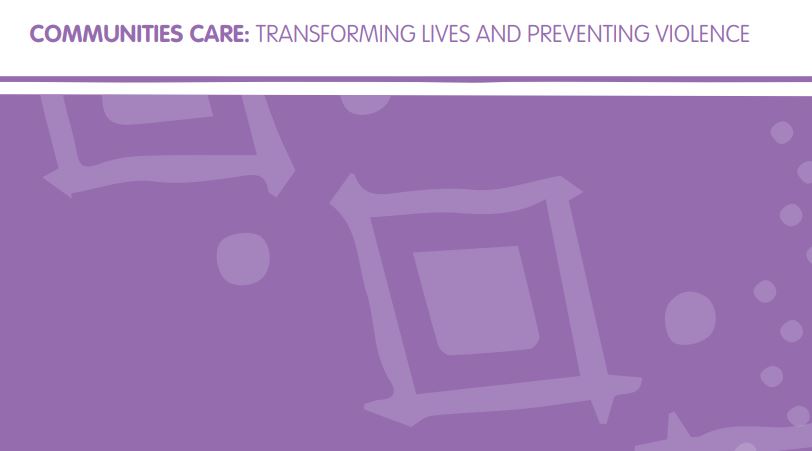
Communities Care: Transforming Lives and Preventing Violence Programme
UNICEF developed the Communities Care: Transforming Lives and Preventing Violence Programme (CC Programme) based on evidence and experience that show that changing collective beliefs and unspoken rules in communities can lead to change in collective practices and behaviours.

Statistical framework for measuring the gender-related killings of women and girls (also referred to as “femicide/feminicide”)
This document provides a comprehensive statistical framework for measuring gender-based killings of women and girls (femicide/feminicide). In addition to the statistical definition of such killings, the framework identifies a typology of gender-based killings of women and girls and the list of variables that can be used to identify and quantify the different types of such killings.
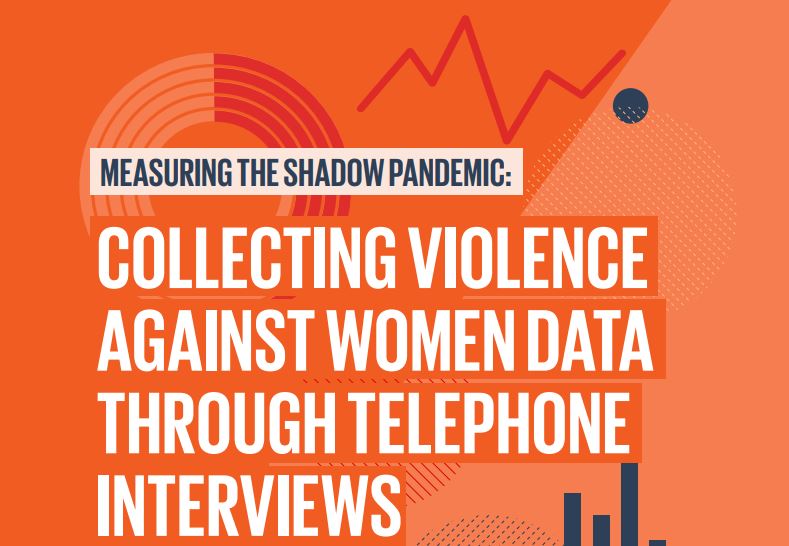
Measuring the shadow pandemic: Collecting violence against women data through telephone interviews – An evidence-based technical guidance
UN Women conducted Rapid Gender Assessments on the impact of COVID-19 on violence against women (VAW RGAs) in 13 countries, in collaboration with Ipsos and with support from national statistical offices and national women’s machineries.The VAW RGAs provided a first opportunity to test existing guidance and recommendations on remote data collection for VAW, and as a result, gathered learnings and empirical evidence, both in terms of safety protocols and VAW measurement. This guidance offers a...

Global Database on Violence against Women
The global database is a unique “one-stop site” for information on the following types of measures undertaken by Governments to address violence against women: Institutional mechanisms; Research and statistical data; Laws; Policies; Budgets; Services; Prevention; Perpetrators programmes; Regional/International initiatives; Monitoring and evaluation
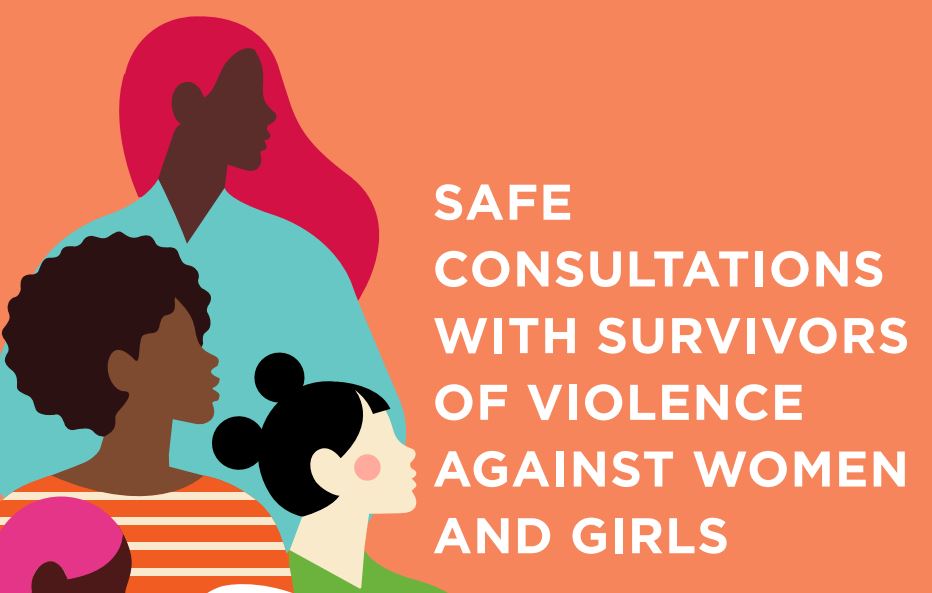
Safe Consultations with Survivors of Violence against Women and Girls
This guidance is intended to help policymakers develop survivor-centred programming on ending violence against women and girls that meets the needs of diverse groups of women and girls, including those who are at higher risk of experiencing violence and discrimination. It is applicable to programming across the health, justice and policing, and social services sectors, as well as coordination of these sectors, and will help improve the standard and delivery of essential services for women and...
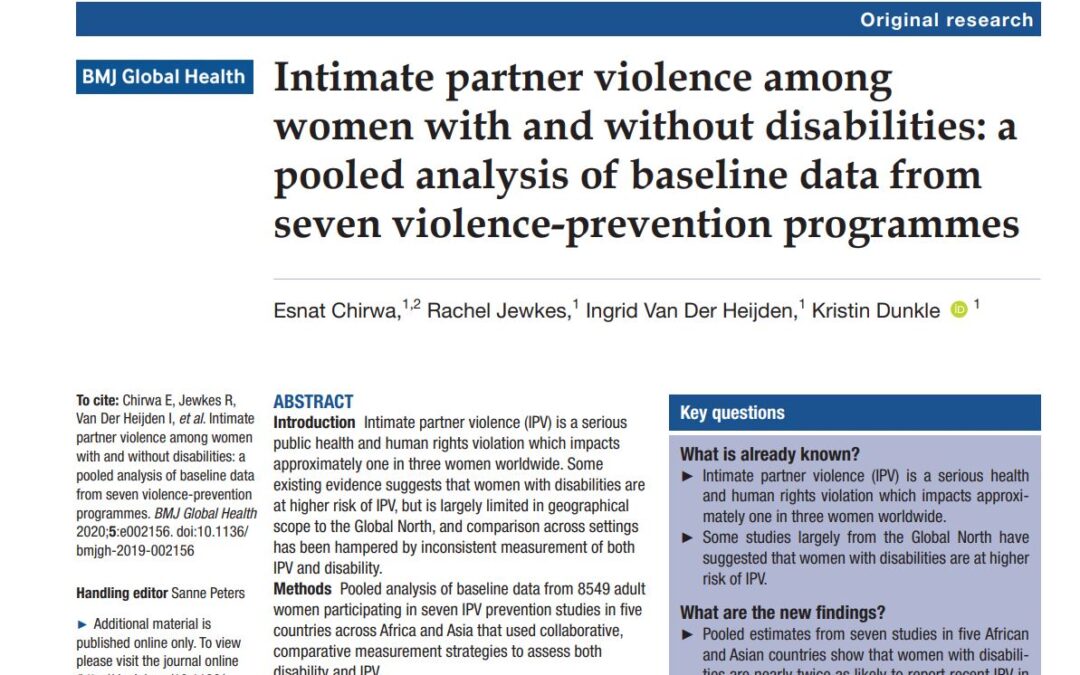
Intimate partner violence among women with and without disabilities: a pooled analysis of baseline data from seven violence-prevention programmes
Pooled analysis of baseline data from 8549 adult women participating in seven IPV prevention studies in five countries across Africa and Asia that used collaborative, comparative measurement strategies to assess both disability and IPV.

Gender and IoT (G-IoT) Tech Abuse Guide
How internet-connected devices can affect victims of gender-based domestic and sexual violence and abuse
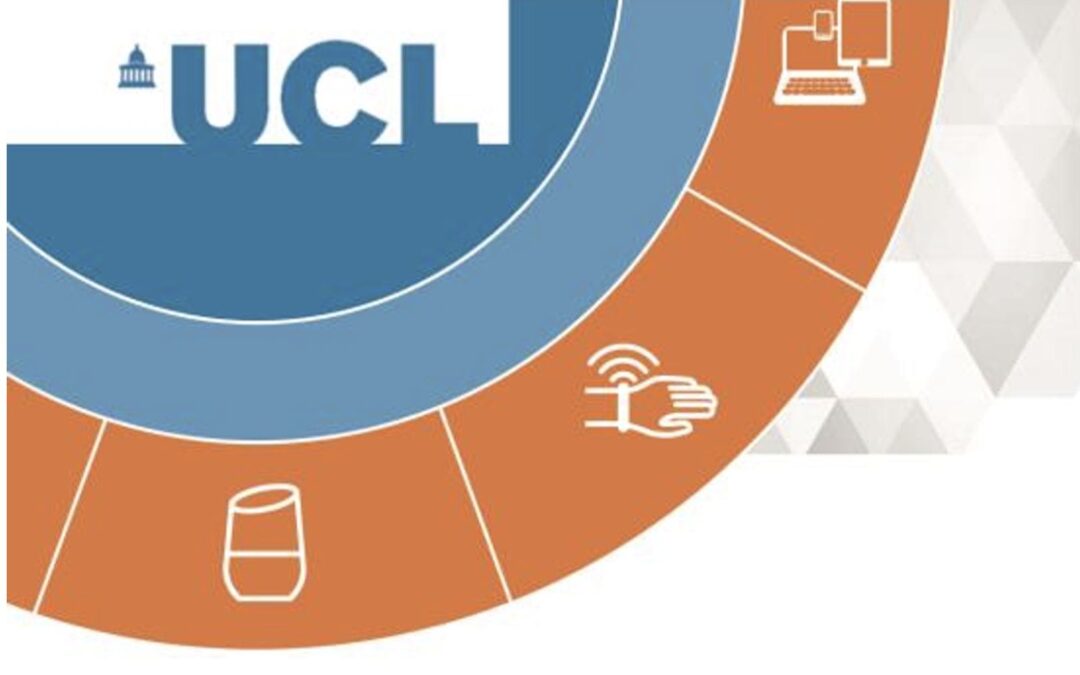
Gender and IoT (G-IoT) Resource List
This resource list is intended as supplementary material to better inform and guide victims and survivors of technology-facilitated abuse as well as those working with them.
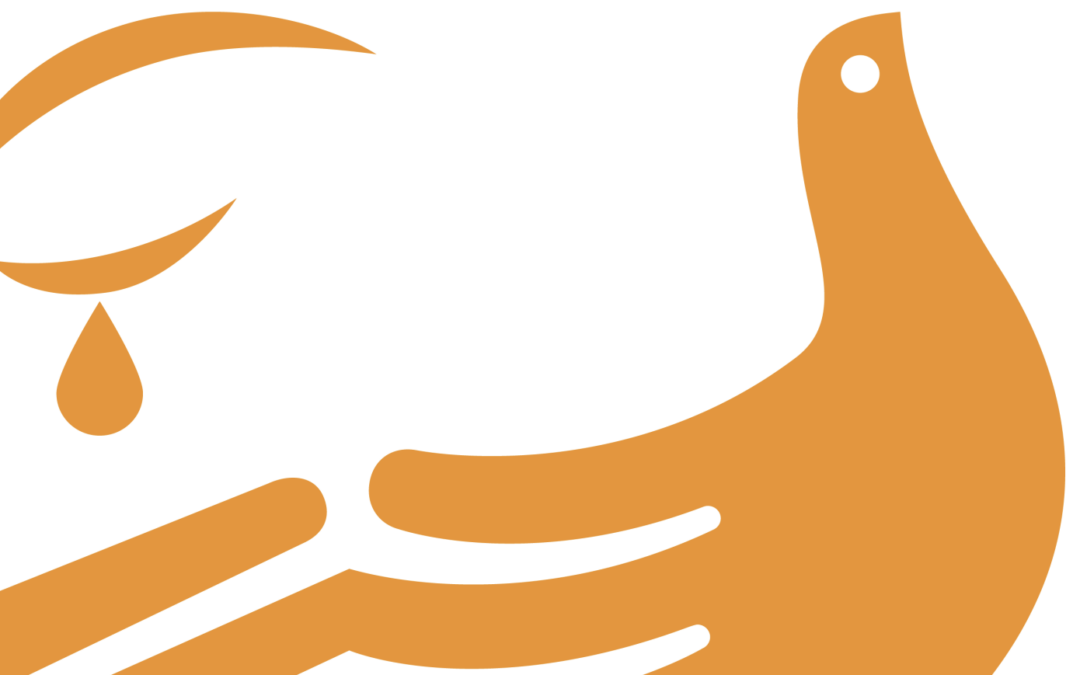
Measuring the Prevalence of Violence Against Women Survey Methodologies – kNOwVAWdata Survey Methodologies
Surveys are the only way to collect data on the prevalence of violence against women (VAW) and thus to get an estimate of the magnitude of the problem in the population. There are two major approaches to collecting population-based data on violence against women using surveys; dedicated surveys or a set of questions/modules added to a large-scale survey.

Population Data Portal – Towards Zero gender-based violence and harmful practices
UNFPA’s ultimate data source and tracker for population and development data. It combines the newest population data on topics like sexual and reproductive health and reproductive rights, family planning, maternal health, or gender based violence gathered from a multiple sources.
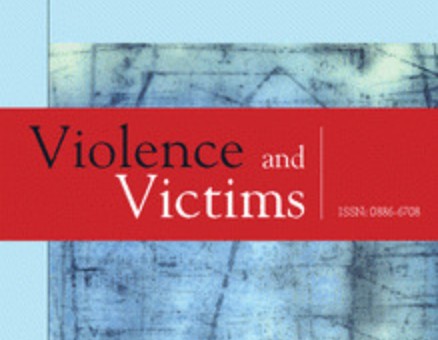
Maternal Childhood Parental Abuse History and Current Intimate Partner Violence: Data From the Pacific Islands Families Study
The aim of the study was to establish the association between the experience of maternal and/or paternal emotional or physical abuse and current severe physical partner violence perpetration or victimization among a cohort of Pacific women.
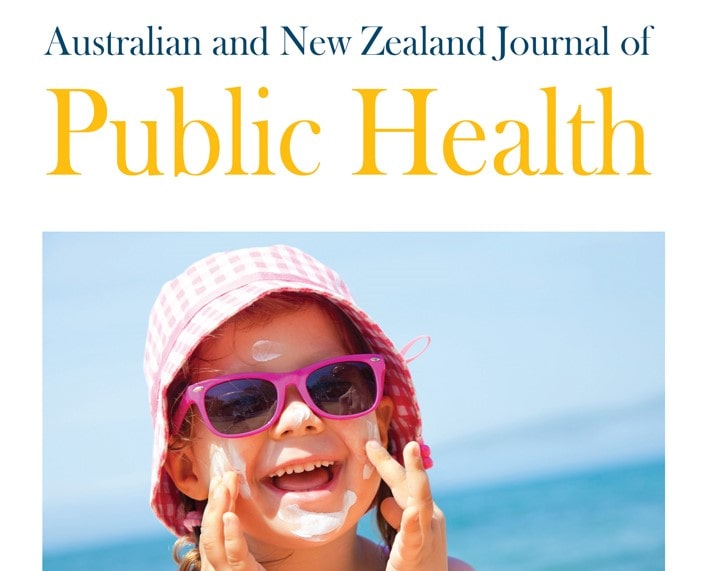
Factors associated with induced abortion over time: secondary data analysis of five waves of the Australian Longitudinal Study on Women’s Health
Objective: A trend analysis of associations with induced abortion. Methods: Secondary analysis of the Australian Longitudinal Study of Women's Health (N=9042). Conclusions: Abortion remains strongly associated with factors affecting women's control over reproductive health such as partner violence and illicit drug use.
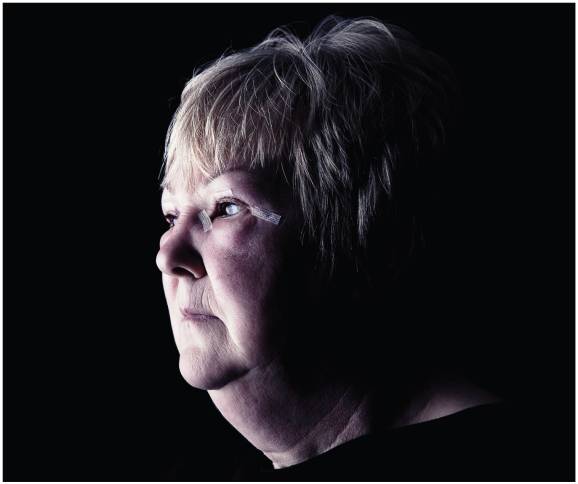
New WHO guidelines on intimate-partner violence
The World Health Organization (WHO) has issued new practice and policy guidelines to help health care practitioners screen, treat and support victims of sexual and partner violence.
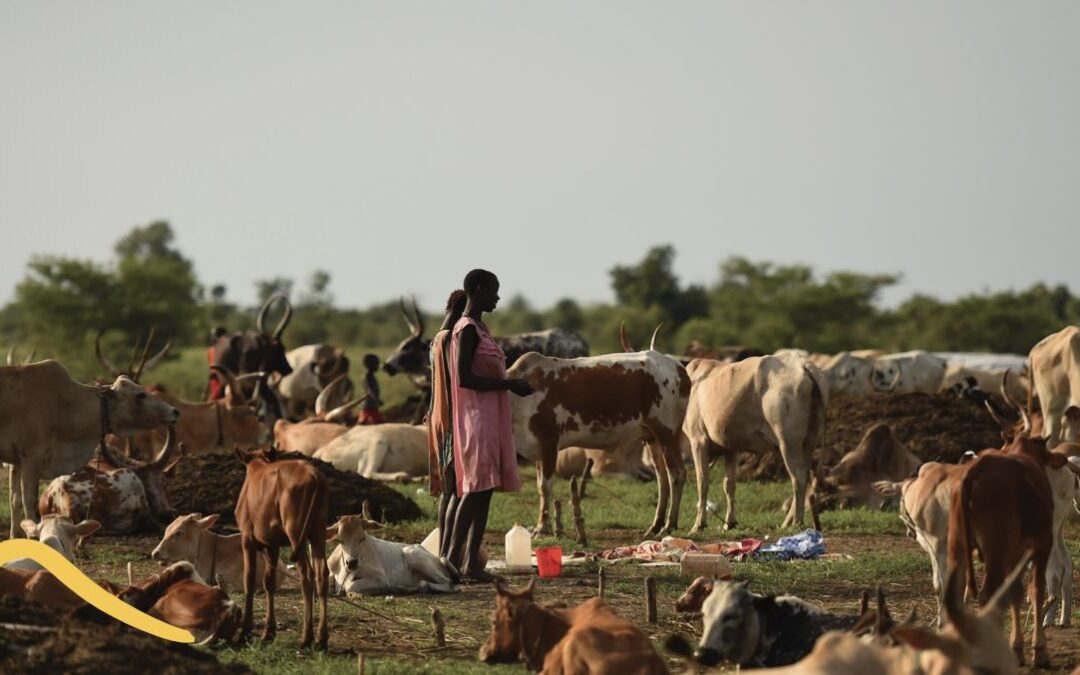
No Safe Place: A Lifetime of Violence for Conflict Affected Women and Girls in South Sudan (Policy Brief)
This brief highlights research aimed at filling substantial gaps in understanding of violence against women and girls (VAWG) in humanitarian settings, including whether or not there is a correlation between increased national conflict and VAWG.
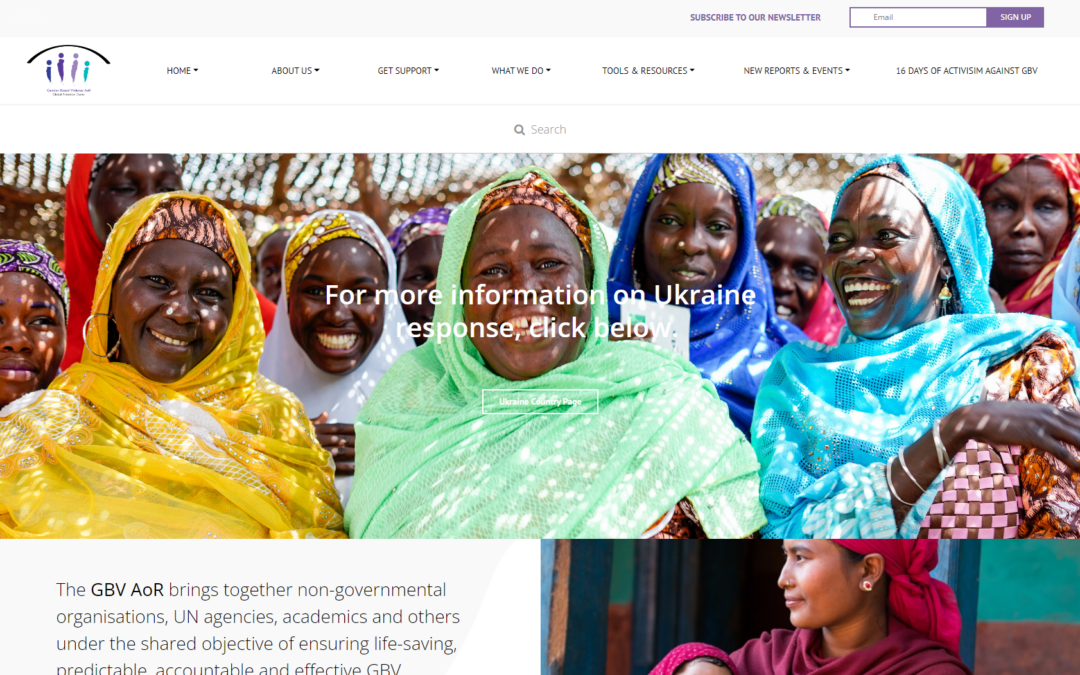
Gender Based Violence Areas of Responsibility
A website that contains resources about how to support to recognise and reinforce primary prevention efforts in areas of crisis.
